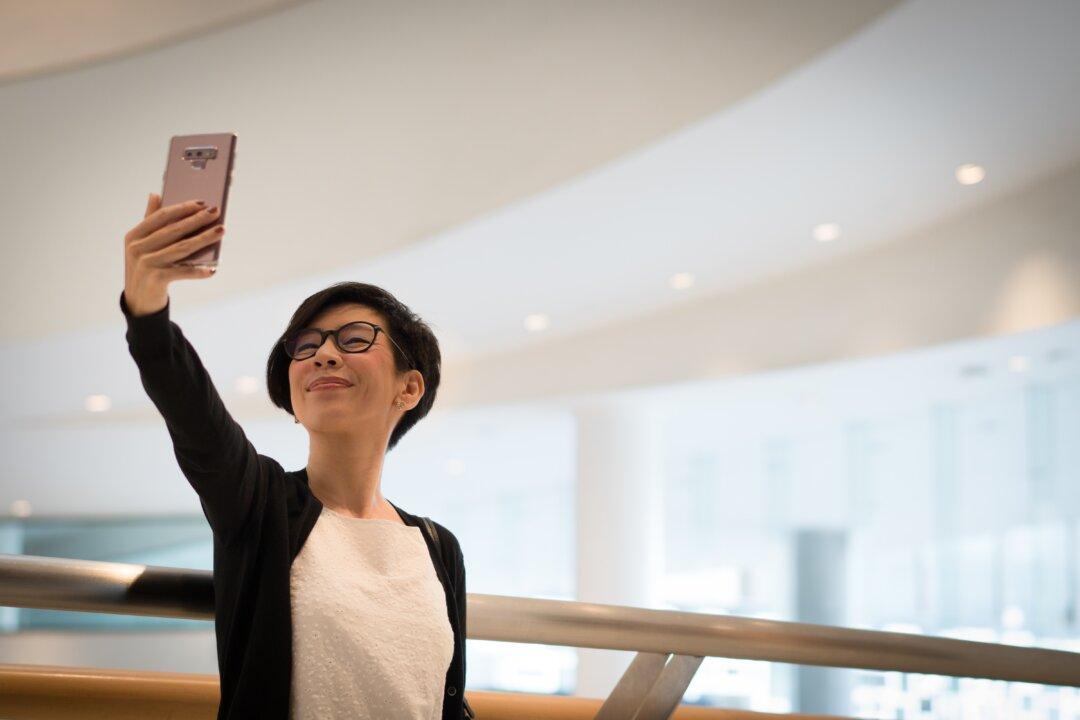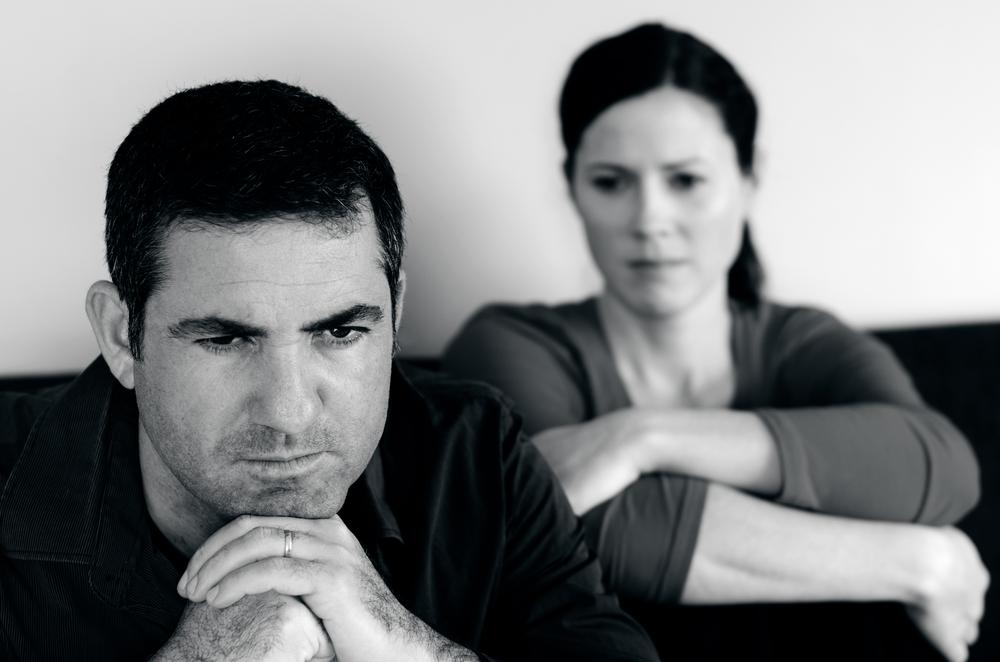On a recent visit to the Museum of Modern Art with a friend and her daughter, meandering through the museum’s exhibits, I was struck by how often my friend’s 13-year-old daughter asked us to take photos of her in front of the artwork.
Her head tilted, she gazed contemplatively at the pieces, the photos of which she would then feverishly post on Instagram, Snapchat, and all the rest. She wasn’t the only young (or older) person doing this; it seemed everyone was busy taking photos of themselves “experiencing” the museum.






